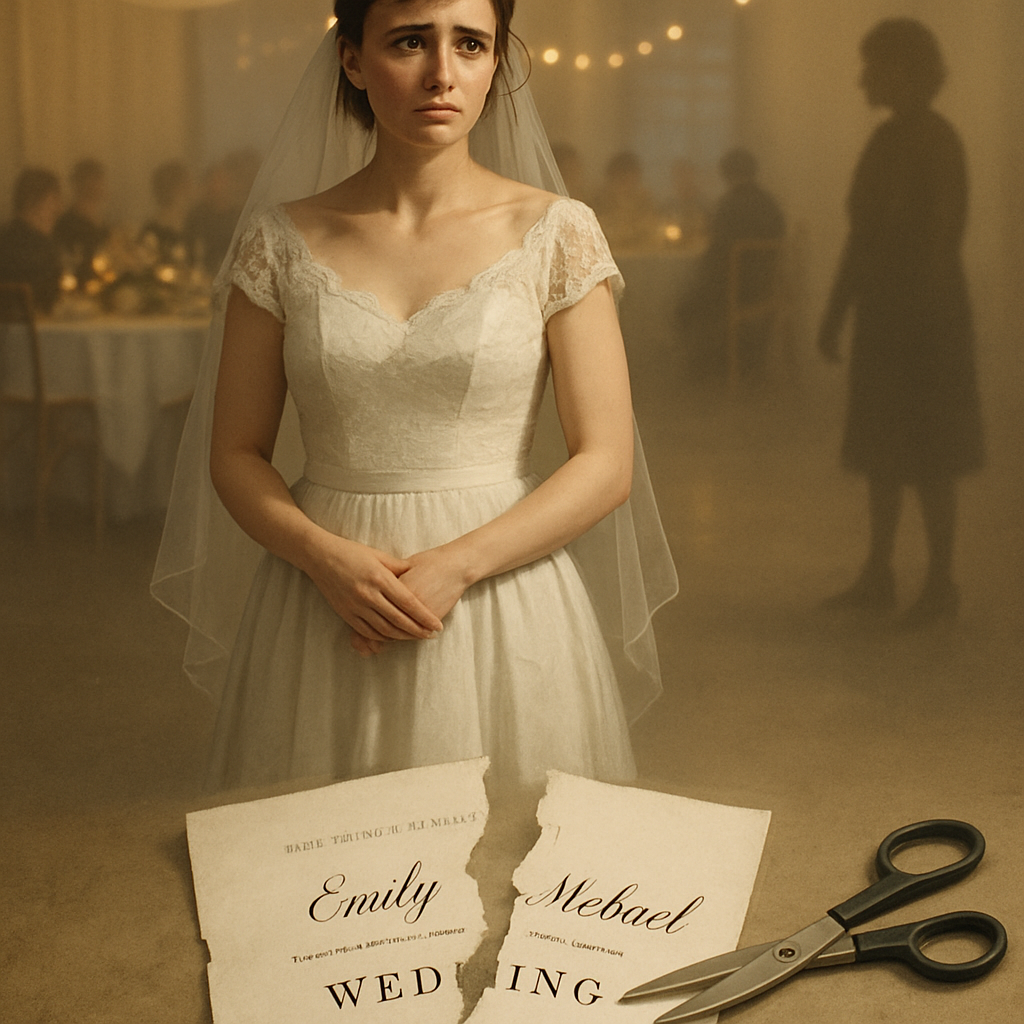Saturday evening, 7:14 pm. I watch Emily pace my office, gesturing with both hands as if conducting an invisible orchestra of wedding-related anxiety. “I mean, it’s my wedding, right?” she asks for the third time. “I get to decide who’s there?” The question hangs in the air between us, both of us knowing this isn’t really about guest lists and seating charts. It’s about the calcified layers of hurt that have accumulated between her and her mother over decades.
The same scene plays out in my office weekly. Different names, same emotional choreography. A milestone event approaching. The obligatory family invitation hovering like a sword. The quiet, desperate hope that for once—just this once—we might create a perfect moment untainted by family dysfunction. And underneath it all, that familiar cocktail of guilt, resentment, and the lingering wish that things could be different. 💔
THE FAMILY INHERITANCE NOBODY WANTS 🎭
Here’s what nobody tells you about difficult family relationships: they’re embedded in your nervous system like emotional landmines, waiting to detonate at precisely the moments that matter most. When life’s biggest transitions arrive—weddings, births, graduations—these relationships don’t suddenly transform into Hallmark moments. Instead, they intensify, becoming caricatures of themselves.
Your nervous system remembers every dismissive comment, every boundary violated, every time your needs were secondary. These aren’t just memories—they’re encoded in your body as emotional bytes, complete packages of sensation, meaning, and automatic responses that activate the moment your mother’s name appears on your caller ID.
The wedding invitation dilemma isn’t about etiquette. It’s about the clash between the person you’ve become and the role you’ve always played in your family’s emotional script. The script says: sacrifice your peace for family harmony. Your emerging self says: I deserve to feel safe and centered on my wedding day.
THE SACRED SPACE OF BOUNDARIES ✨
Let me be clear: creating boundaries with family isn’t selfish—it’s necessary spiritual work.
We’ve been fed this narrative that family relationships should be prioritized above all else, regardless of how they impact our wellbeing. That forgiveness means unlimited access. That reconciliation requires erasing all consequences.
Bullshit.
Healthy boundaries aren’t walls—they’re sacred spaces defining where your emotional responsibility ends and begins. They’re statements about what you need to feel safe, seen, and respected. Sometimes, those boundaries might include not having certain people present for significant life moments.
Ask yourself these questions with unflinching honesty: 🤔
- Does this person’s presence help me feel more like myself or less?
- Am I making this decision from a place of punishing them or protecting myself?
- What version of me would show up if they were present?
- If I could remove the guilt, fear, and obligation, what would I actually want?
- Will I regret this decision in ten years?
THE COURAGE TO CHOOSE DIFFERENTLY 💪
Whatever you decide about that wedding invitation, know this: the discomfort you feel isn’t a sign you’re making the wrong choice. It’s evidence that you’re breaking an emotional script that’s been running for generations.
Some clients choose to include difficult family members with careful boundaries in place—limited time together, supportive friends nearby, clear expectations. Others decide that certain relationships aren’t ready for milestone events and honor that reality without shame.
The healthiest choice isn’t always the easiest or most socially acceptable one. Sometimes it’s the one that acknowledges the relationship as it actually is, not as you wish it could be.
Your wedding day won’t magically heal decades of relational patterns. It can’t. That’s not what weddings are for. Weddings are for celebrating love and commitment with people who genuinely support your growth, happiness, and authentic self. 💍
In the end, we honor difficult relationships not by pretending they’re something they’re not, but by being truthful about what they are and making choices from that place of honesty.
The most revolutionary act isn’t cutting people off or keeping them close—it’s having the courage to see relationships clearly and choose accordingly.
— Lola Adams, noting that the greatest act of love toward difficult family members might be releasing them from roles they’ve never been equipped to play 🌱
Related Resources:
https://www.apa.org/monitor/2024/04/healing-pain-estrangement
https://digitalcommons.unl.edu/cgi/viewcontent.cgi?article=1066&context=commstudiespapers
https://www.newportinstitute.com/resources/mental-health/parental-estrangement/

